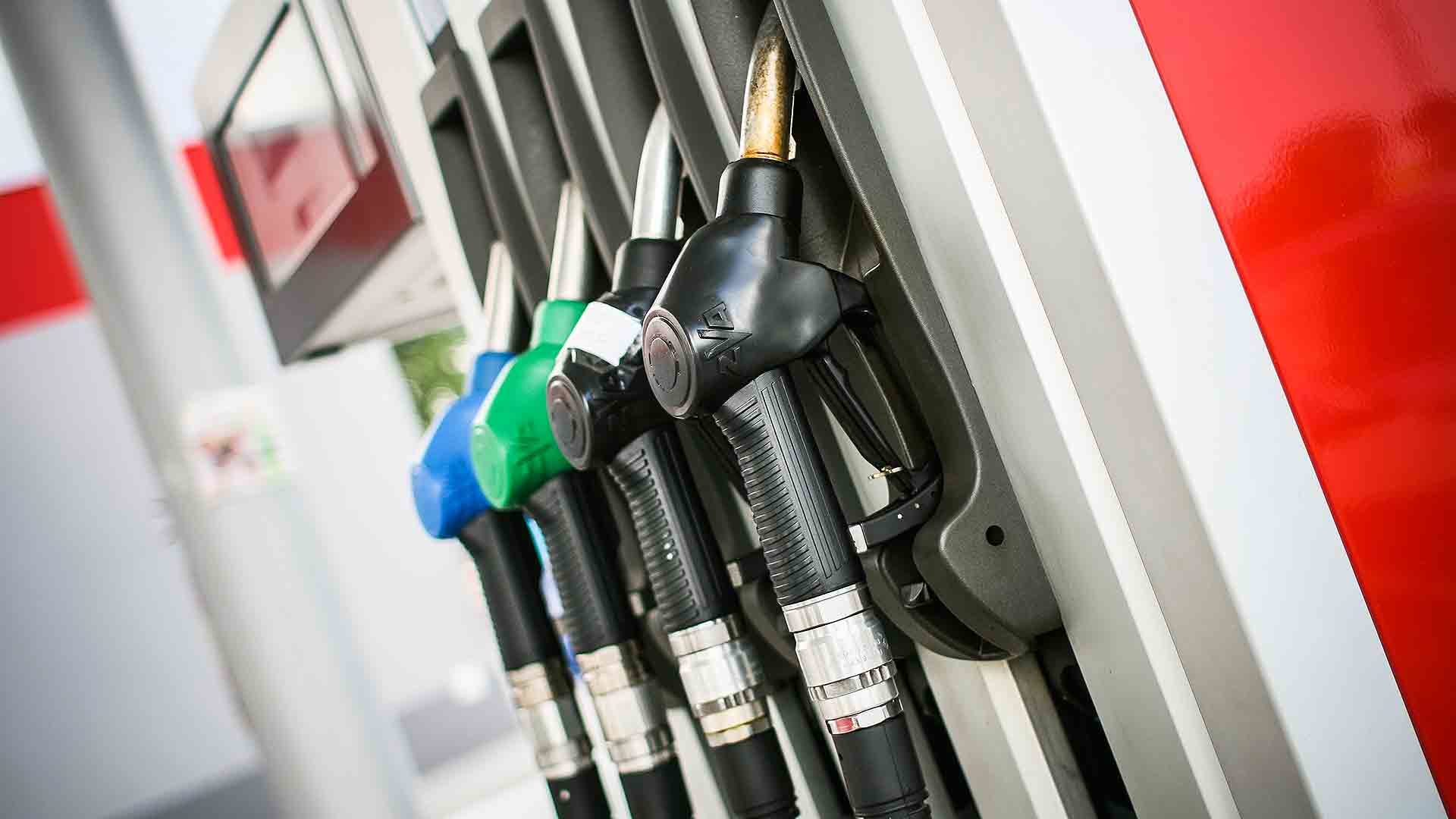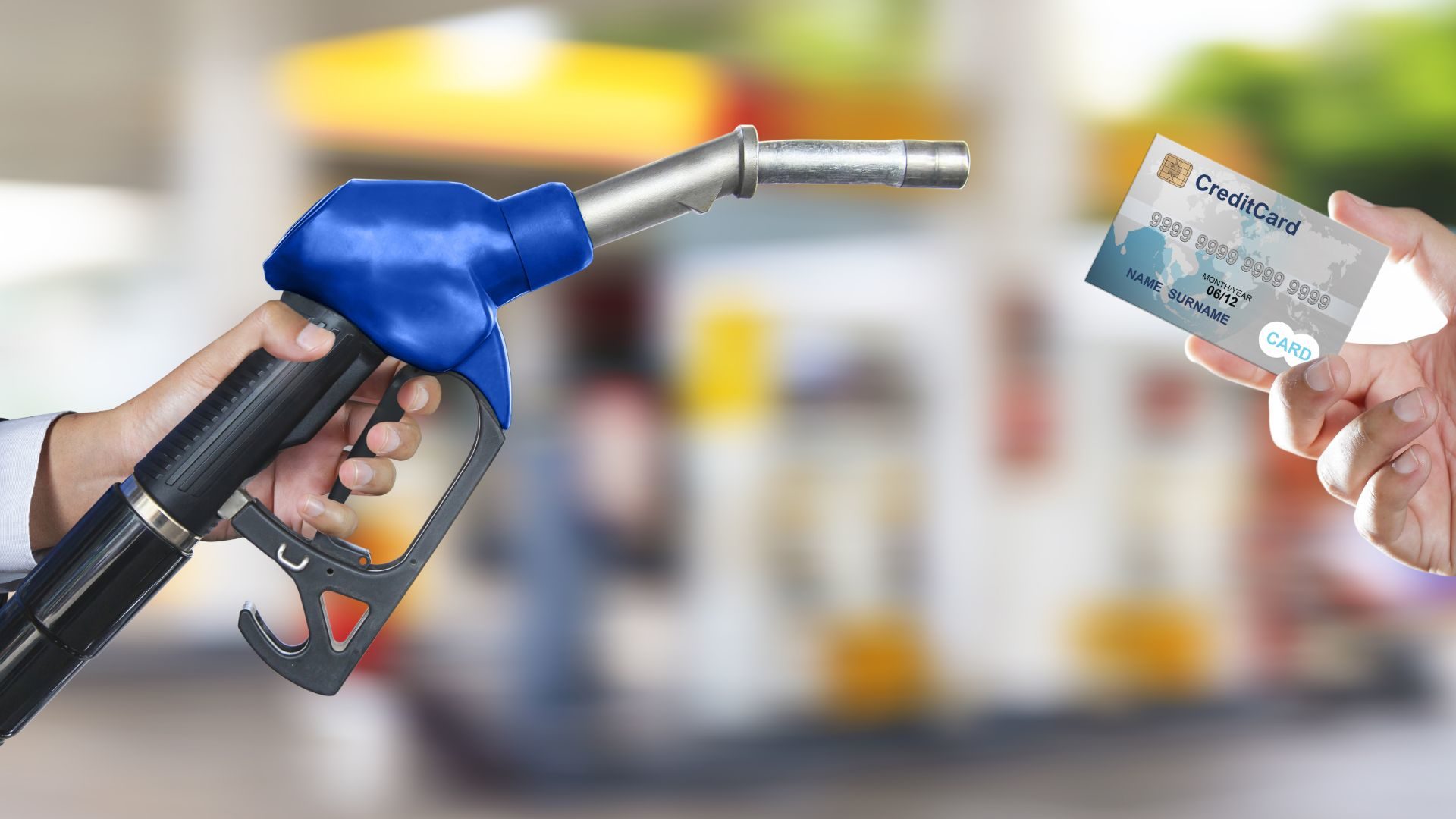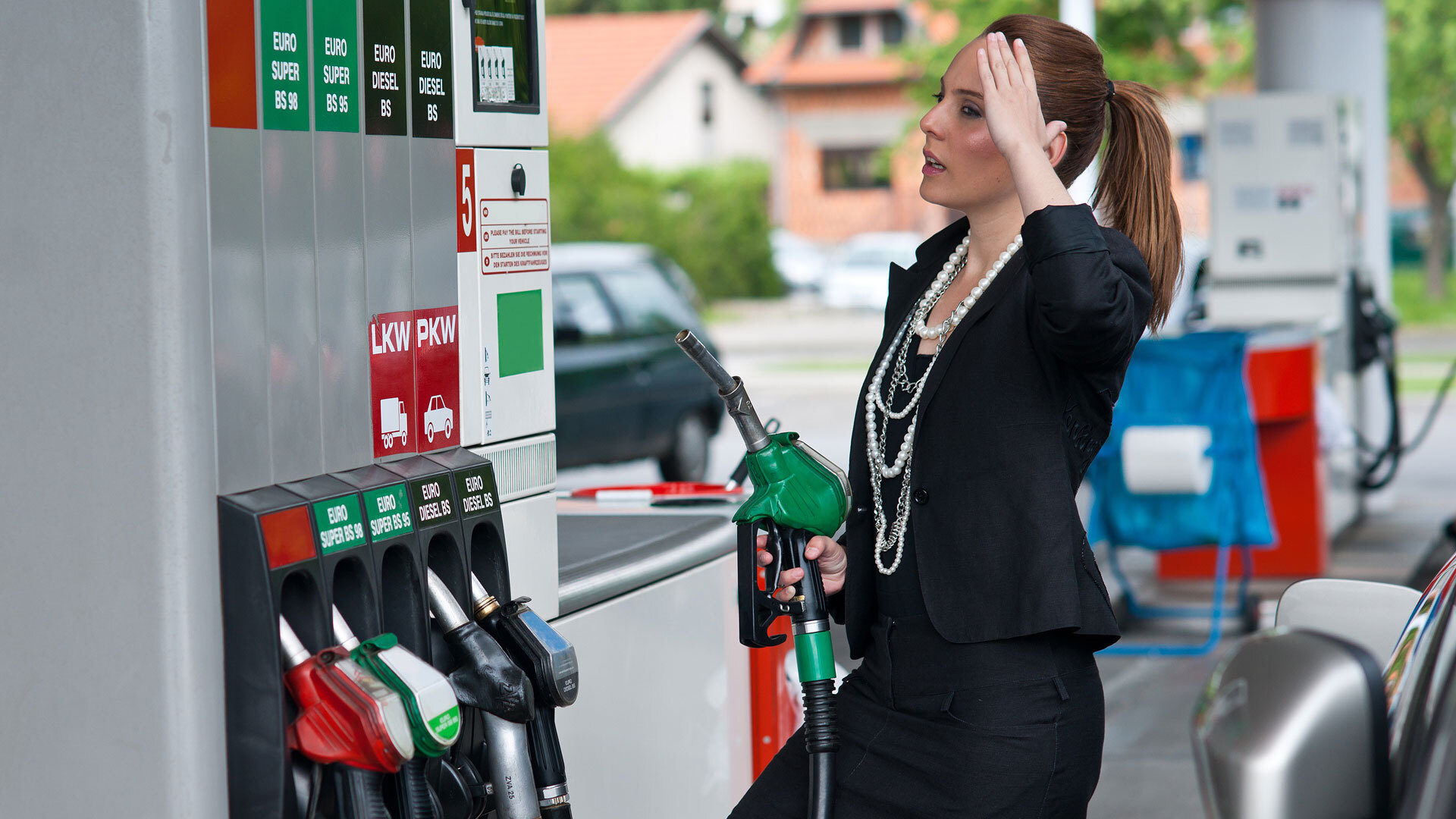
After nine months of continuous increases, fuel prices remained relatively static during August according to RAC Fuel Watch data.
It marks a welcome respite for drivers, who had endured substantial jumps in the cost of fuelling their car over the past year.
The average price for unleaded petrol fell marginally during August, dropping by 0.27p per litre to 135.02p.
Diesel costs fell by even less, with a 0.01p reduction to a still substantial 136.65p per litre.
A summer of ‘staycation’ costs

Filling the 55-litre tank of a family car with petrol will now cost £74.26, with a diesel-powered car needing a spend of £75.16.
In comparison to the June to August period in 2020, drivers are now paying an average of 20p more per litre of fuel. It only adds to the potential costs paid for a UK staycation holiday.
Northern Ireland and the North East were the UK regions with the cheapest fue last month. London and the South East remained the most expensive places to refuel.
Filling up at a supermarket was also likely to bring the biggest savings on fuel, with petrol at 132.09p per litre and diesel 133.91p per litre.
No immediate price cuts expected

This week saw the launch of E10 bioethanol petrol across Great Britain, intended to help reduce CO2 emissions. However, the RAC states this should not have an impact on prices, with bioethanol having been included in wholesale fuel costs for some time.
RAC spokesman Rod Dennis commented: “While an end to rising prices is to be welcomed, it remains the case that there’s little immediate sign that pump prices are actually going to come down.
“Key to what happens next is how the oil price changes. In the last few days, we’ve actually seen it increase once again after OPEC+, which represents many of the largest oil producing nations, decided to stick with its current plan to increase output only very slightly in the coming weeks.”
He added: “What isn’t in dispute is just how much more expensive this second ‘staycation’ summer has been for drivers compared to 2020. With so many of us covering long distances this year, the effect of paying around 20p more per litre for petrol and diesel is likely to have been widely felt.”
ALSO READ
New Dacia Jogger: budget seven-seat MPV revealed